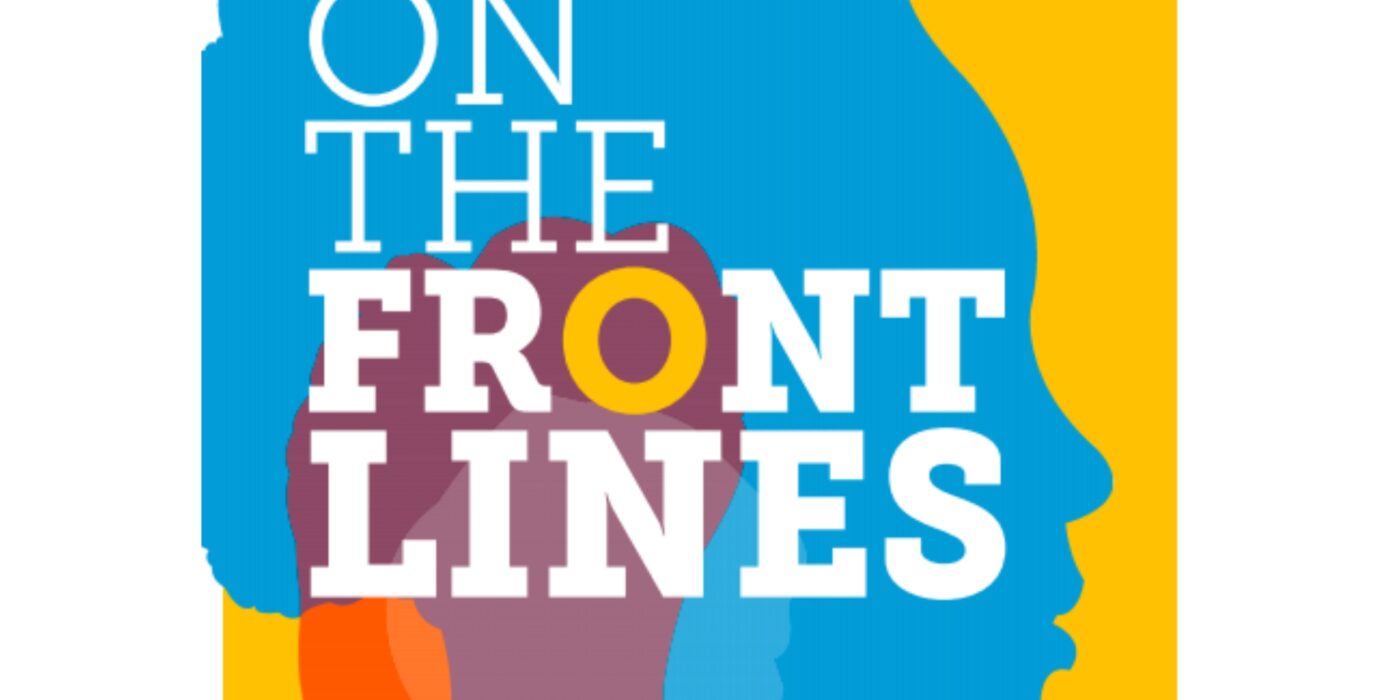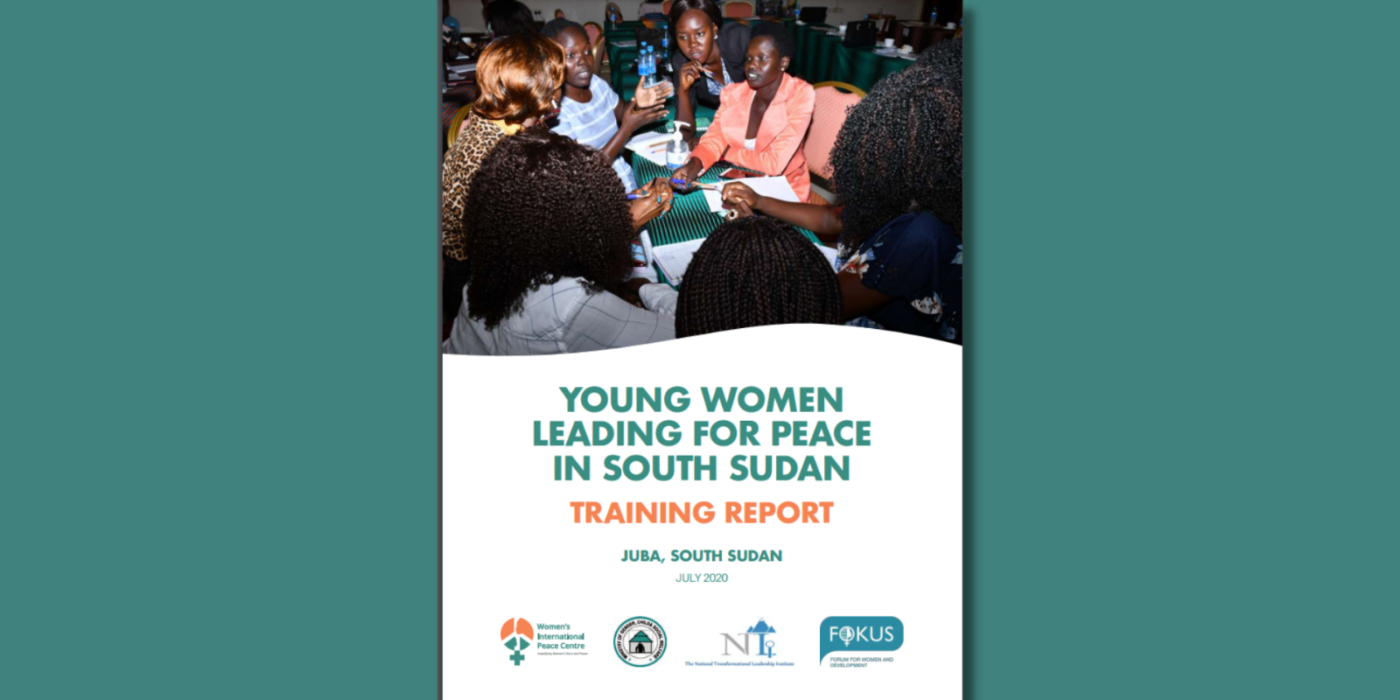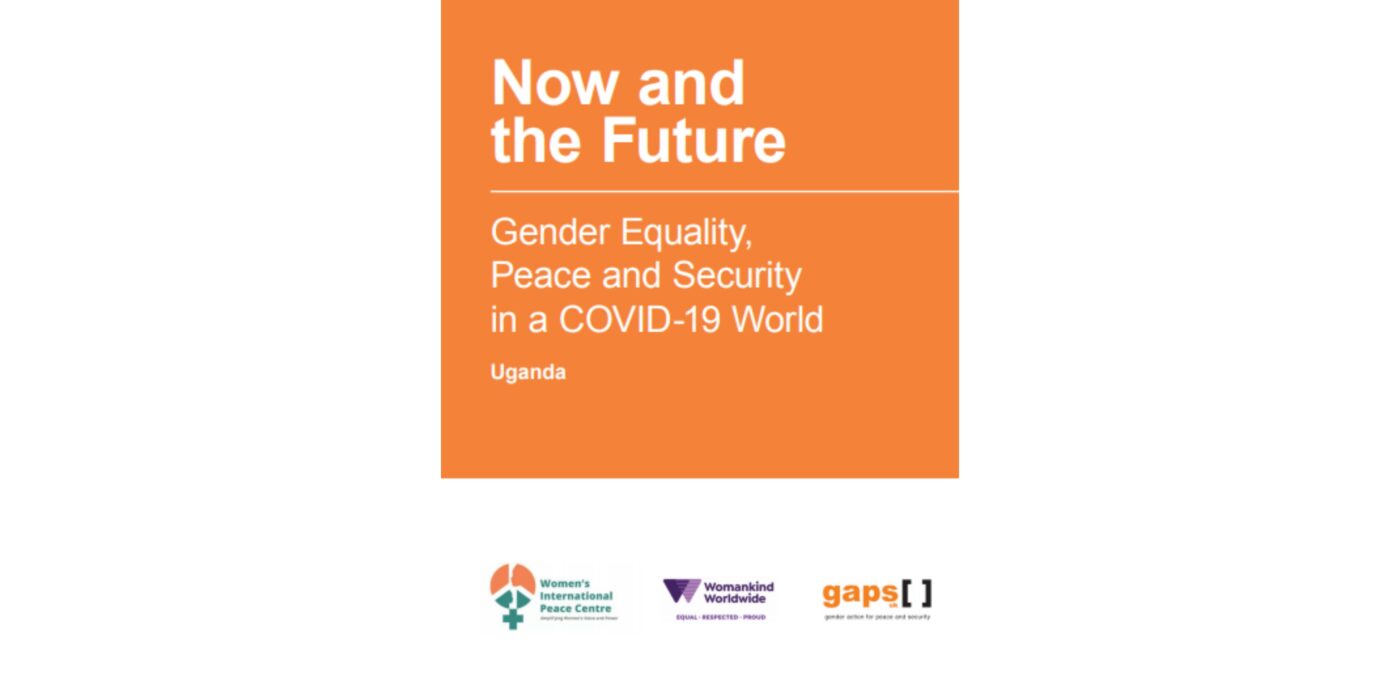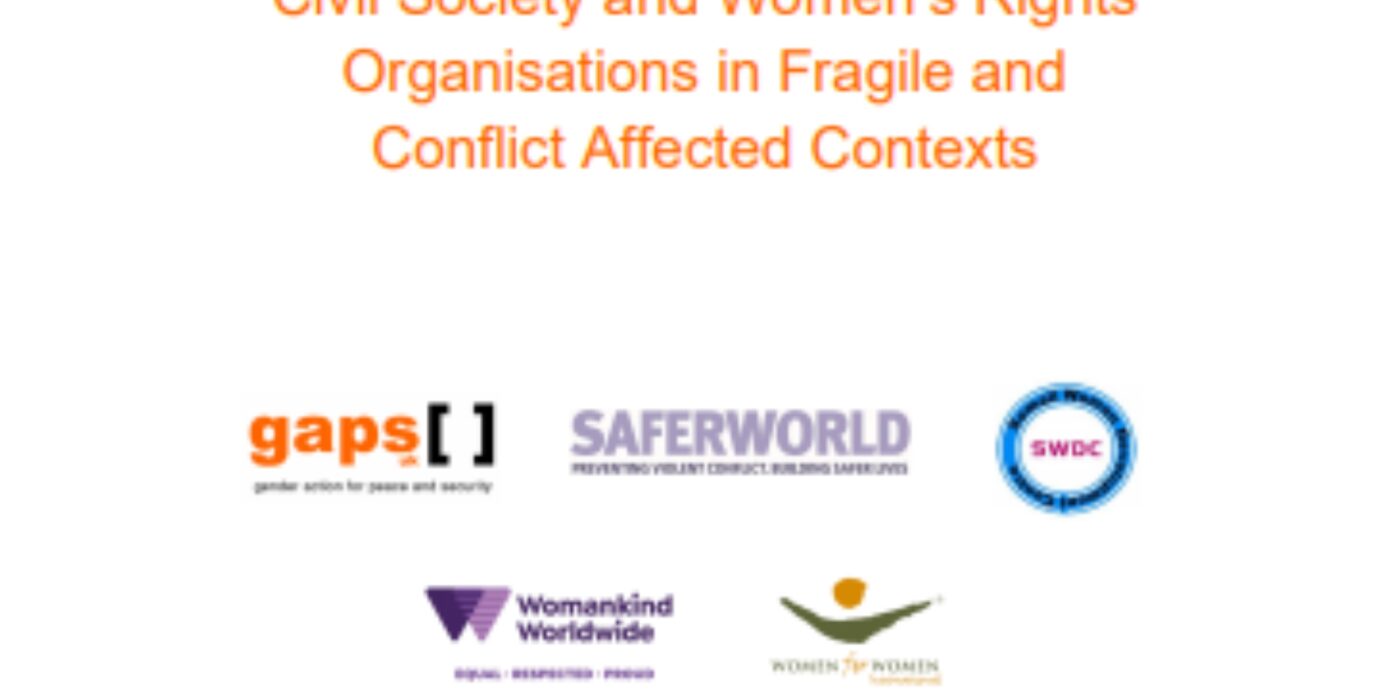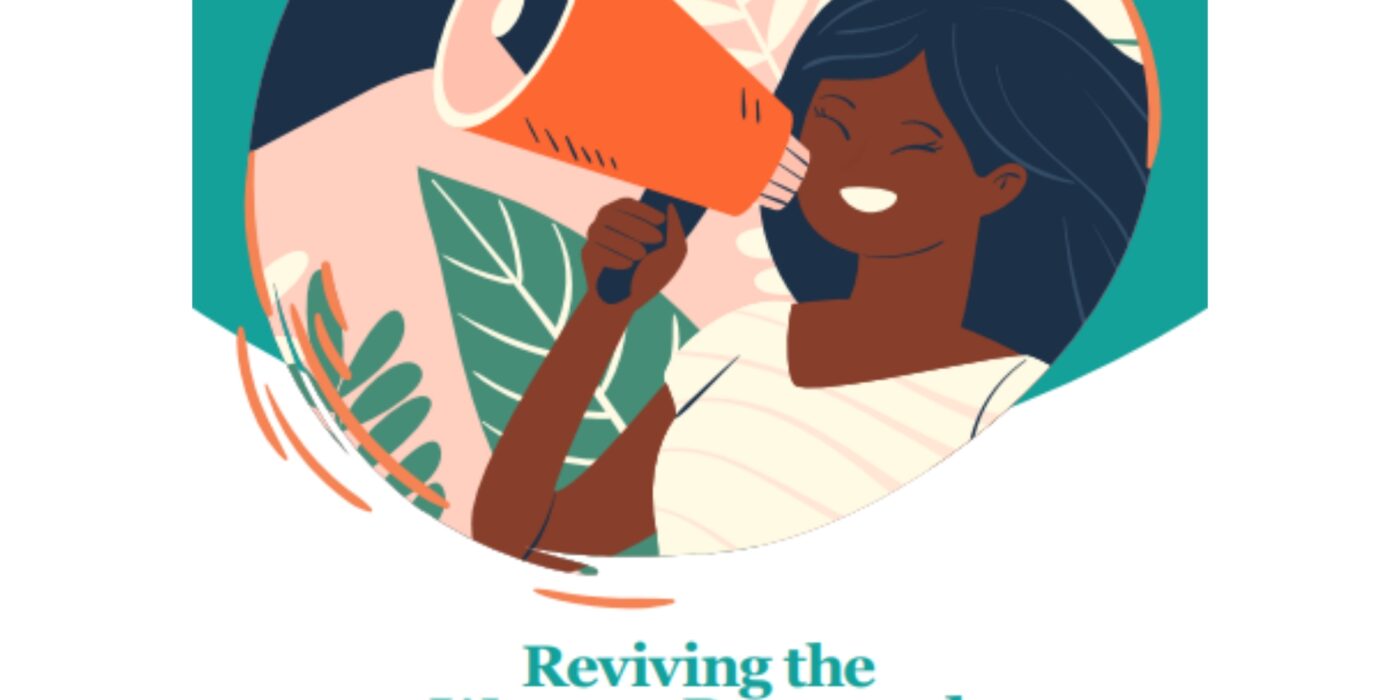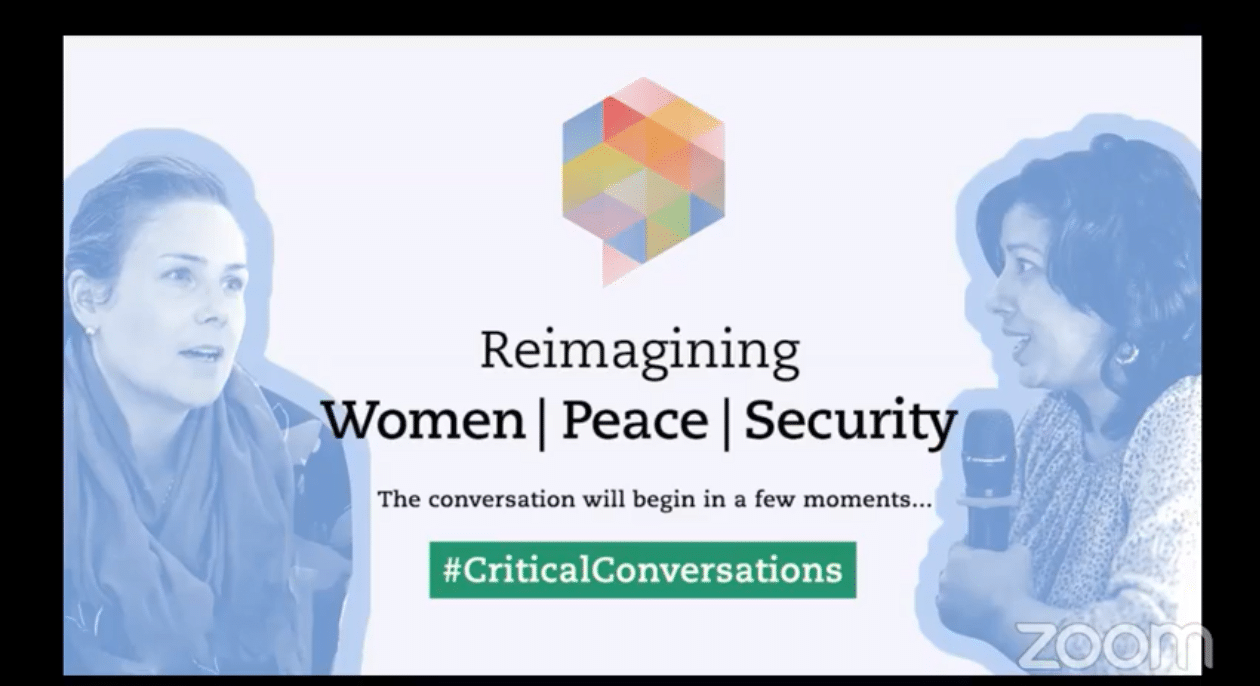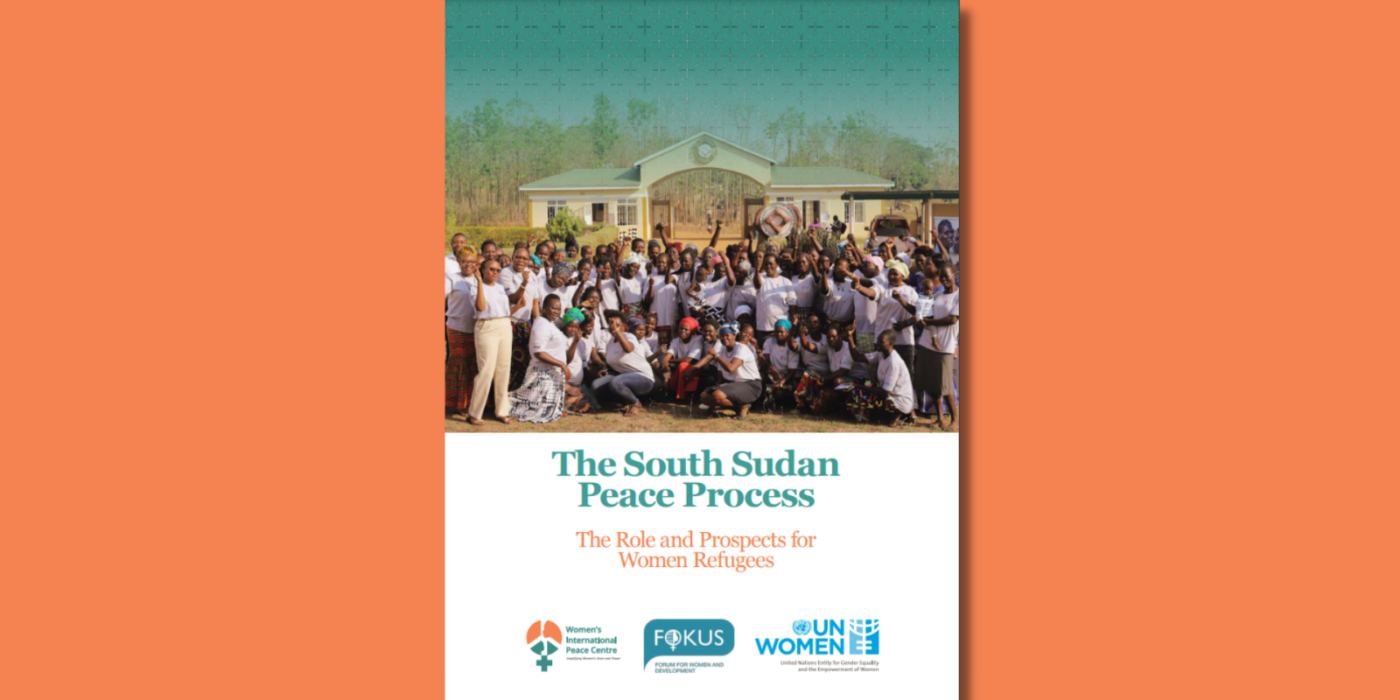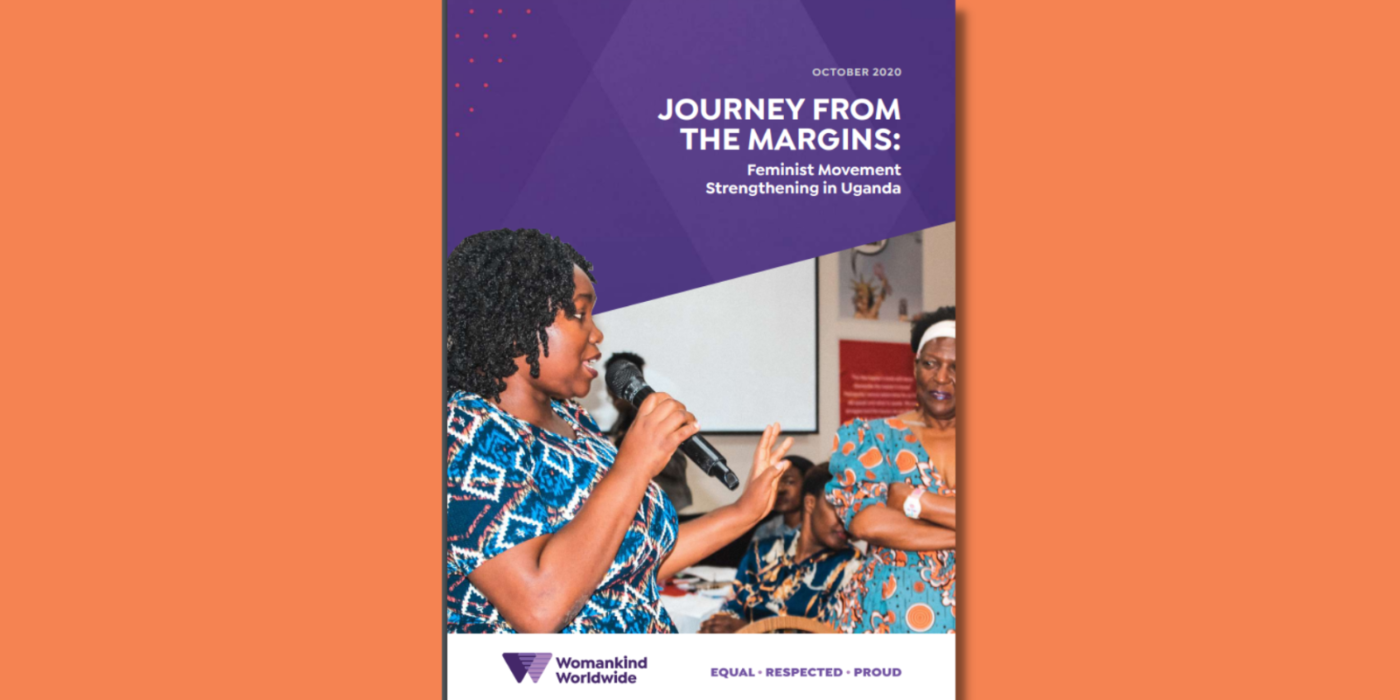In preparation for the 2021 presidential election, the Peace Centre conducted fourteen(14) election observer training in different districts in Uganda which were concluded on a final training held from 9th– 13th January 2021 in Kampala. The Peace Centre recruited a total of 540 election observers selected from sub-counties in Arua, Kassanda and Kapelebyong in addition to other districts of Soroti, Lira, Amuria, Kampala, Sembabule, Luwero, Ntugamo, Rukungiri, Yumbe, Kotido and Adjumani.
The training was successful in ensuring that each district had 40 trained election observers with election observation materials deployed to observe elections from 14th to January to 22nd January.
Election observation is a valuable tool for improving the quality of elections and creates confidence in elections that can help promote sound democratic practices. This is vital as Uganda has not experienced peaceful, violent free democratic electoral processes since the introduction of multi-party politics in 1988. The political environment in the build-up to, during, and after elections has over the years become increasingly charged with reports of harassment, intimidation, acts of corruption, human rights abuses perpetrated by different political opponents.
To ensure a difference this year, the election observers were trained on Electoral Commission election observation guidelines, laws related to election observation, do’s and don’ts of an election observer, and provided tools for data collection. This enabled them to monitor elections and document electoral violence incidences in the eleven districts.



